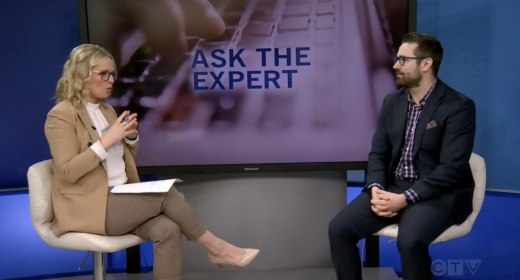What are digital assets?
Many people may not realize this, but digital assets are actually a form of property. They are files and data stored on digital devices, such as a desktops, laptops, tablets or smart phones. Digital assets include emails received, email accounts, digital music, digital photographs, social network accounts (such as Facebook, Twitter, YouTube, Instagram or Kijiji), online banking loyalty programs, iTunes, Netflix, Bitcoin and even online role-playing games.
Digital assets can be divided into 2 broad categories:
- Digital assets that have a financial value, such as your online bank account or loyalty program points
- Digital assets with a sentimental or personal value to family and friends, such as your Facebook or Instagram account.
Gaining access to the digital assets is what causes problems for the estate trustee and for beneficiaries. Currently, Canada has no legislation regarding the rights and succession to digital assets, or how they can be disposed. We have to rely on the individual terms and conditions of the particular program to determine how the digital asset can be transferred after death.
What happens to your accounts when you die?
For Facebook, a user may not transfer their account to anyone without first obtaining the written permission of Facebook.
Facebook’s policy on death is either to memorialize or deactivate the account on receipt of proof of death. They will not provide the deceased’s username or password to the estate trustee or next of kin.
For your Twitter account, under the terms and conditions, you own the rights to all of the tweets you produce. However, Twitter will not give the estate trustee access to a deceased user’s account. Twitter will work with the estate trustee to deactivate the user’s account upon receipt of the deceased person’s username, a copy of the death certificate, identification from the estate trustee and a signed statement by the estate trustee.
Bitcoins are a form of digital currency that can be transferred on the death of the owner. In order to affect a transfer, the password to the user’s digit wallet must be available to the deceased user’s estate trustee. If the password to the user’s wallet is lost, the bitcoins will be lost forever and there is no mechanism to retrieve a lost password.
When preparing your Will, you should put directions detailing what should be done with the digital assets upon your death. Should the account be memorialized or should it be deactivated? It is important to let your estate trustee know what to do.
To learn more about digital assets, take a look at our previous blog post.


